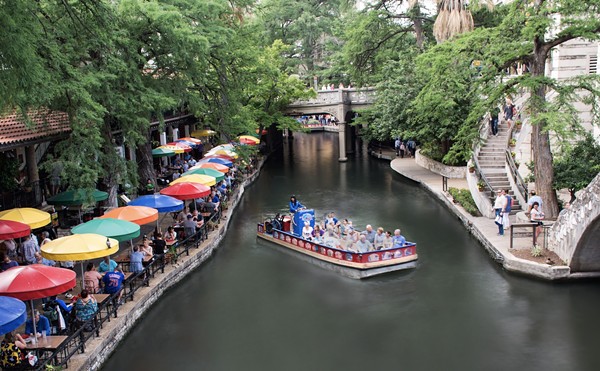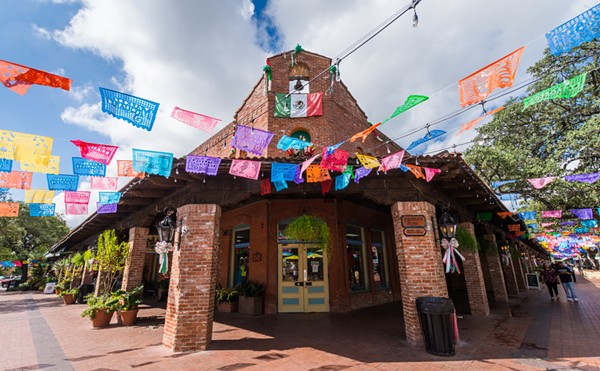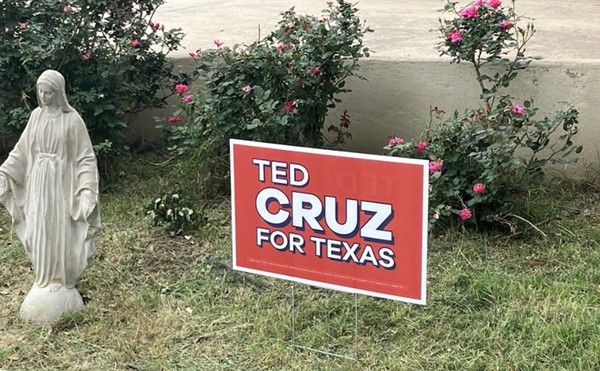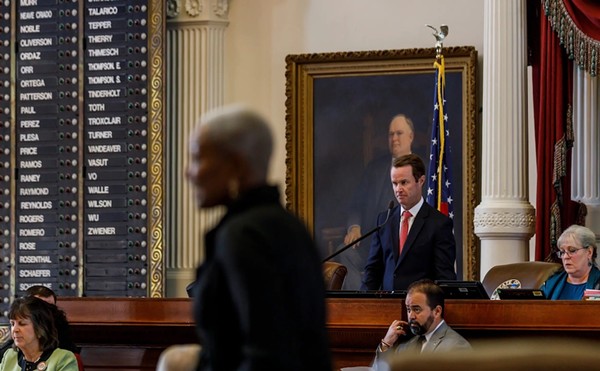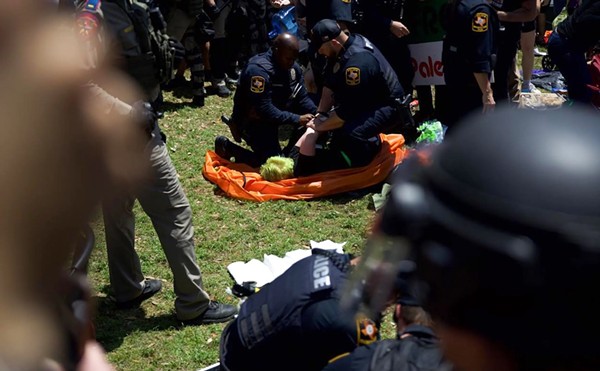A ploy to distract from a $27 billion dollar shortfall? A potentially disastrous unfunded mandate for local government? Or a governor keeping a campaign promise to give law enforcement the tools and discretion necessary to do their jobs?
Perhaps one of those, or maybe all.
Texas Governor Rick Perry’s decision last week to designate legislation to abolish so-called “sanctuary cities” as an emergency for the 82nd Texas Legislature is giving most local lawmakers more heartburn than a bad batch of street tacos.
For those who’ve been living under a rock since about 2006, sanctuary cities are those that, either by law or by habit, follow certain practices that shield illegal immigrants. In particular — and high on Perry’s radar — are cities that don’t allow municipal funds or resources to be used to enforce federal immigration laws, even to the point of prohibiting local law enforcement from inquiring about immigration status on routine traffic stops.
Three Texas cities — Austin, Dallas, and Houston — are typically referred to as sanctuary cities because of their practices. Perry effectively dubbed H-Town “Sanctuary City” by using it as a poster child for the issue during his 2010 re-election campaign. While San Antonio isn’t in danger of being labeled a sanctuary city, practices at the San Antonio Police Department would probably also draw Perry’s ire. “Officers are not required to demand proof of identification unless they suspect a crime has been committed. Furthermore, officers are not required to report individuals to U.S. Immigration and Customs Enforcement officials, even if they are suspected immigrants,” said SAPD spokesperson Sgt. Chris Benavides.
Perry’s office claims that the governor’s desire isn’t to make cities detain those who can’t prove legal status, as is the case with Arizona’s Senate Bill 1070 passed in 2010, but rather an attempt to give law enforcement what they’ve been asking for.
“It is to provide law enforcement with the tools they need to keep Texans safe,” said Perry spokesperson Catherine Frazier. “It is to make sure that no municipality can pass a law that will prohibit law enforcement from inquiring about someone’s citizenship status,” she said. Concerns some have about new anti-sanctuary city laws becoming unfunded mandates are misplaced, she said. “This is not referencing a person being detained unless they have committed some other crime. This is just for law enforcement to be able to inquire about legal status and report that information.”
At least one Bexar County Commissioner doesn’t buy it. County Commissioner Tommy Adkisson hints at political motivation behind the governor’s declaration, saying, “Grandstanding and the capacity to deliver good government do not always go together.”
You can count State Rep. Mike Villarreal (D-San Antonio) among the skeptics of Perry’s emergency declaration. “This is nothing but a political ploy to distract Texans from the fiscal crisis that is facing Texas,” Villarreal said. “He’s a masterful politician, and he’s hoping that this becomes a distraction,” the seven-term state representative said.
On the other side of the aisle, San Antonio’s State Sen. Jeff Wentworth, a Republican, wants to make it more than simply permissible for law enforcement to inquire about immigration status. “I believe we ought to make it a required question, when a police officer has probable cause to stop someone for another violation, that they are asked about their citizenship,” he said.
Some 270 miles west of San Antonio, along U.S. Highway 90 in Sanderson, Terrell County Sheriff Clint McDonald doesn’t have a high opinion of Perry’s proposal.
“We have local government, and we have the federal government. Local citizens are already paying taxes to the federal government for immigration enforcement, and making local law enforcement police immigration is like a double tax on the citizens,” said McDonald, who took over as chairman of the Texas Border Sheriff’s Coalition last April. “Who’s going to ultimately pay for the beds when these people are detained? We already pay the federal government to do this, but ultimately it could fall back on the local taxpayers,” he said.
What are the chances of anti-sanctuary city legislation passing and becoming law? You don’t need a Magic 8-Ball to know that signs point to “yes.” With a GOP majority in the Senate and a Republican super-majority in the House, expect some form of legislation to hit Perry’s desk soon. The one wild card could be Tea Party Republicans and ultraconservatives like State Rep. Leo Berman (R-Tyler), who could try to make the legislation far more stringent than Perry intends. If that happens, look for any such amendments to be stripped away in the Senate or in conference, and for Perry to get pretty much what he wants … which may or may not be what Texas has asked for.•





